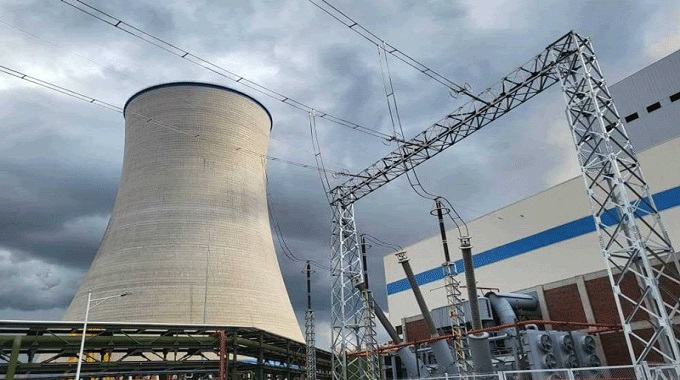By Martin Chemhere
Zimbabwe’s energy sector has witnessed notable advancements in the past decade, driven by a combination of strategic planning, private sector participation, and international collaboration. Several key projects have significantly boosted generation capacity and improved grid stability, marking a positive trajectory for the nation’s energy landscape.
The expansion of the Hwange Power Station stands out as a flagship achievement, adding substantial capacity to the national grid. This project, a testament to effective public-private partnerships, has significantly increased the country’s thermal power generation capabilities. Complementing this is the ongoing rehabilitation and upgrade of the Kariba South Power Station, a crucial hydropower asset. These efforts have not only enhanced generation output but also improved the reliability and efficiency of this vital source of electricity.
Independent Power Producers (IPPs) have played a transformative role in diversifying Zimbabwe’s energy mix. Companies like Solar Energy Projects, Solgas Energy, with their solar projects, and other IPPs focusing on mini-hydro schemes like Nyangani Renewable Energy, have contributed significantly to the growth of renewable energy. These projects demonstrate the increasing viability and importance of private sector involvement in the energy sector.
Financial institutions, including local banks like CBZ and Stanbic, and international financiers such as the African Development Bank, have been instrumental in providing the necessary capital for these projects. Their support underscores the growing confidence in Zimbabwe’s energy sector and its potential for sustainable growth.
The Zimbabwe Energy Regulatory Authority (ZERA) plays a critical regulatory role, ensuring fair competition, setting tariffs, and overseeing project implementation. Their oversight is vital for maintaining transparency and accountability within the sector. International stakeholders, including organizations like the World Bank and development partners from various countries, have provided invaluable technical assistance, capacity building, and financial support. Their involvement has facilitated knowledge transfer and the adoption of best practices in energy sector management.
The Zimbabwean government has provided the overarching policy framework and strategic direction for these achievements. The Ministry of Energy and Power Development has been instrumental in formulating policies that encourage investment, promote renewable energy, and improve access to electricity. The government’s commitment to energy security and sustainable development has been a driving force behind the progress made.
Looking forward, continued collaboration between all stakeholders – IPPs, financial institutions, ZERA, international partners, and the government – will be crucial for realizing Zimbabwe’s full energy potential. Further investments in renewable energy, grid modernization, and regional energy cooperation will pave the way for a more secure and sustainable energy future for the nation.

